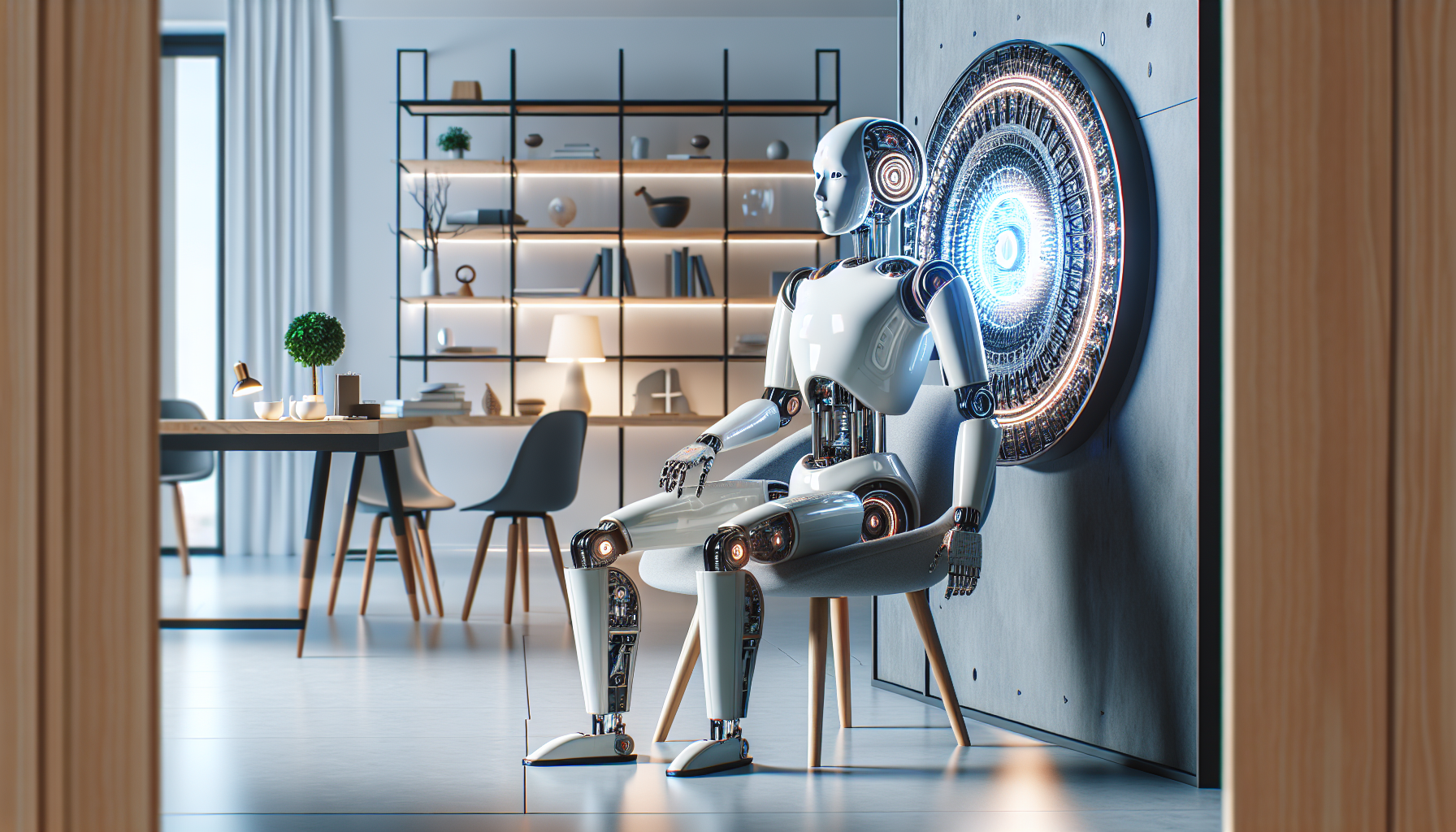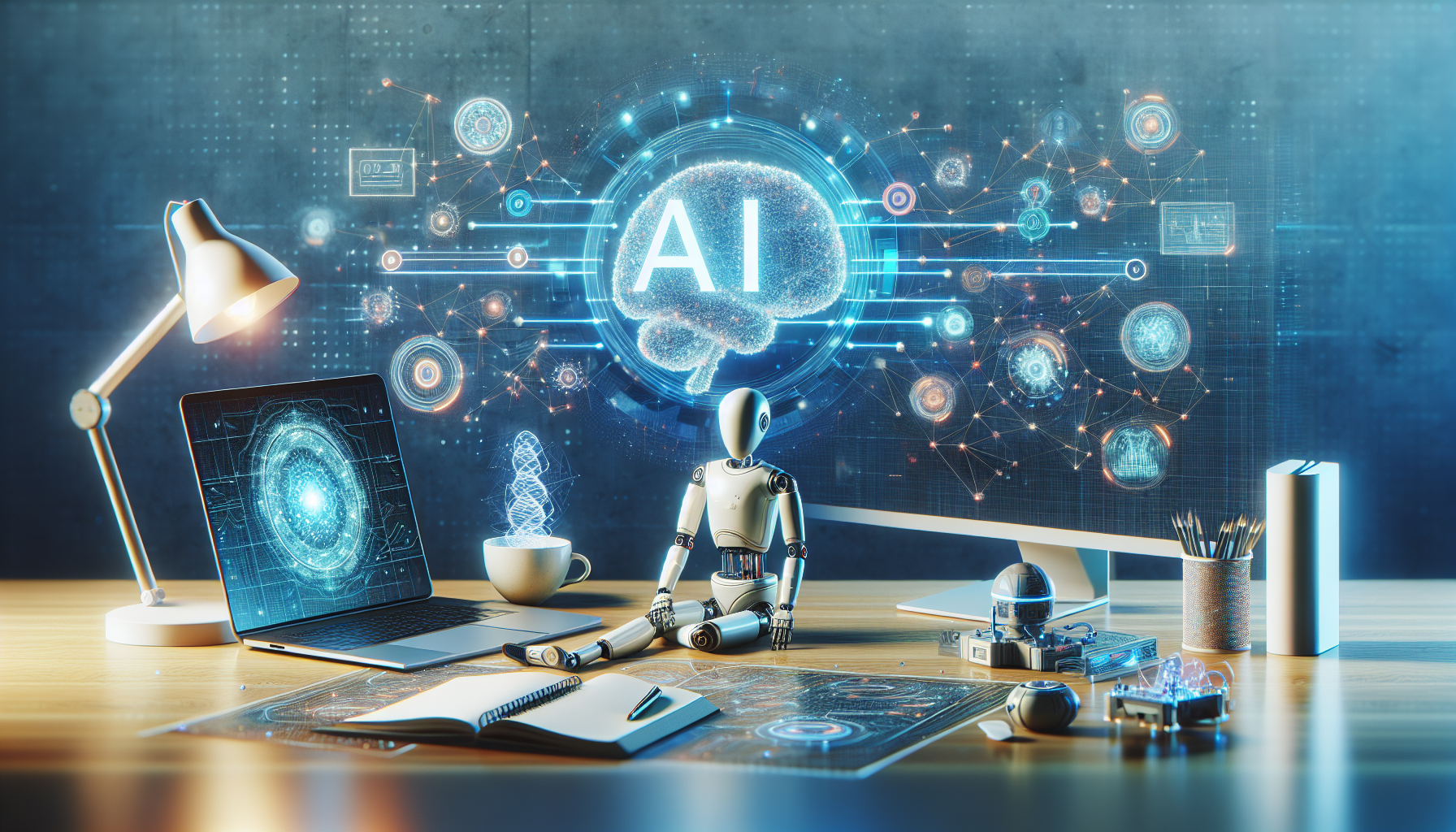
AI in Food Technology: Debunking Common Myths from Farm to Table
October 15, 2025
Artificial intelligence (AI) in food technology often conjures visions of futuristic farms and robot-run kitchens. While these images are fascinating, they can also perpetuate myths that muddy our understanding of AI's real-world applications in the food industry. It’s time to peel back these misconceptions and reveal the true potential of AI in transforming how we grow, process, and consume food.
One prevalent myth is that AI will completely replace human roles in agriculture, eliminating the need for traditional farming expertise. In reality, AI acts as a powerful tool that complements human skills rather than replacing them. Smart tractors and drones equipped with AI capabilities can analyze data more efficiently than a human could alone, but they still require a farmer’s intuition and decision-making prowess to be truly effective. AI assists farmers by providing insights and predictions based on data from weather patterns, soil health, and crop growth, enabling more informed decisions and reducing the guesswork inherent in agriculture.
Another myth suggests that AI in food processing is solely focused on efficiency at the expense of quality. Critics argue that automation and AI-driven processes lead to homogenized products devoid of the artisanal touch. Contrary to this belief, AI is being used to enhance quality control in ways that were previously unimaginable. Machine learning algorithms can detect inconsistencies and defects in food products with precision unmatched by human workers. This allows food manufacturers to maintain high standards while also minimizing waste, a crucial factor in sustainable food production.
The prospect of AI-driven personalization in food consumption is often misunderstood as a novelty rather than a game-changer. Some skeptics view AI-powered dietary recommendations as gimmicky, catering only to tech enthusiasts. However, AI's ability to analyze vast amounts of data from individual consumer preferences, nutritional needs, and health data offers a revolutionary approach to personal nutrition. This technology enables the creation of personalized meal plans and dietary advice that can help in managing health conditions and achieving wellness goals with unprecedented accuracy.
The idea that AI technologies are accessible only to large corporations, leaving small-scale farmers and producers at a disadvantage, is another misconception that needs addressing. In fact, the democratization of AI tools is underway, with more cost-effective and user-friendly solutions being developed every day. Cloud-based platforms and open-source software make AI technology accessible to smaller operations, allowing them to compete on more equal footing with industry giants. This leveling of the playing field fosters innovation and diversity within the food industry, benefiting consumers and communities alike.
Skeptics often worry that AI might compromise food safety, fearing that automated systems lack the critical oversight that human supervisors provide. On the contrary, AI enhances food safety protocols by monitoring and analyzing data in real time, quickly identifying potential hazards that could lead to contamination. AI systems can track the entire supply chain, ensuring transparency and traceability from farm to table. This not only boosts consumer confidence but also enables rapid response to any safety breaches, minimizing risks to public health.
The narrative that AI in food technology is an unnecessary luxury, rather than a necessity, overlooks the pressing global challenges we face. With an ever-growing population and the looming threat of climate change, the need for efficient, sustainable food production has never been greater. AI offers solutions that can maximize yields while minimizing environmental impact, such as precision agriculture techniques that optimize water and fertilizer use. By debunking the myth that AI is merely an optional enhancement, we can appreciate its vital role in addressing food security and sustainability challenges.
As we navigate the complexities of integrating AI into our food systems, it’s crucial to approach these innovations with an informed perspective. By dispelling myths and embracing the potential of AI, we can unlock transformative advancements that benefit not only the food industry but society as a whole. What if we could leverage AI to its fullest extent, creating a future where food systems are more efficient, equitable, and sustainable? The possibilities are not just intriguing—they are imperative.


